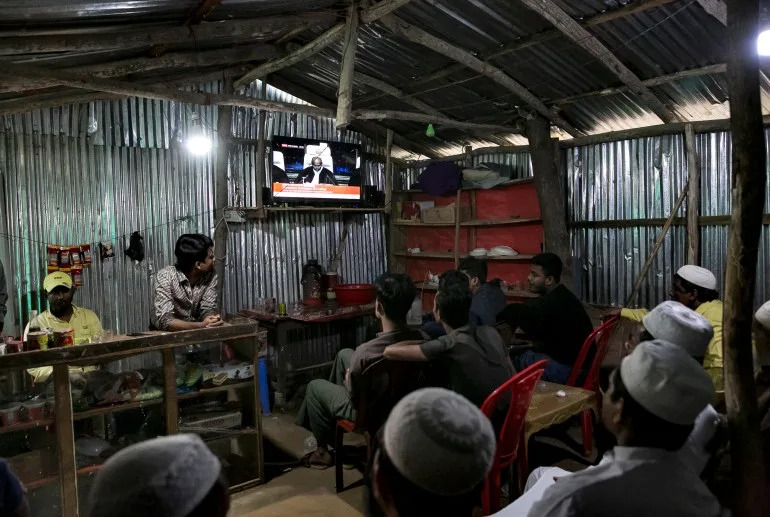Massachusetts Immigrants Face Health Insurance Losses Under New Policies

New federal policies initiated by President Trump’s budget reconciliation bill have begun to remove significant numbers of immigrants from health insurance programs in Massachusetts. State officials estimate that approximately 250,000 individuals will ultimately lose their coverage due to these changes, which were enacted as part of a broader strategy on July 4, 2023.
The Massachusetts Health Connector, the state’s health insurance marketplace, announced this month that many of those affected will be immigrants. As of August 25, recipients of the Deferred Action for Childhood Arrivals (DACA) program will no longer be considered lawfully present for enrollment purposes. Currently, 5,000 DACA participants in Massachusetts will see their coverage terminate on August 31.
The repercussions of these federal changes will extend well into the future. Starting on January 1, 2026, over 34,000 legal immigrants in Massachusetts will lose coverage under the ConnectorCare Plan Type 1. This plan provides low or no monthly premiums and minimal out-of-pocket expenses for participants who have not yet qualified for the more comprehensive MassHealth Standard.
To maintain their insurance, these individuals would need to see an increase in income, qualifying them for higher-tier plans. Changes to immigration status or household size could also influence their eligibility. Although many losing coverage will still qualify for emergency care under MassHealth Limited, the state’s Health Safety Net program, which offers charity care, is currently experiencing financial strain.
In the most recent fiscal year, the Health Safety Net reported a shortfall of $107 million, with projections suggesting potential losses may reach $290 million by the end of the federal government’s 2025 budget year on September 30. Dale McHale, senior vice president for healthcare finance and policy at the Massachusetts Health and Hospital Association, expressed concern over the impact of these coverage losses. He stated, “These coverage losses will push the fragile Health Safety Net program into a precarious state that will lead to undesirable consequences to patient access and providers who care for low-income uninsured.”
In response to the federal policy changes, the Massachusetts Health Connector has also terminated the special enrollment period for low-income individuals, which previously allowed those earning less than $22,590 annually to enroll in health insurance year-round. Audrey Morse Gasteier, the Health Connector’s executive director, highlighted the financial implications of these changes, noting that the federal government stands to save approximately $250 million annually by ending subsidies for low-income legal immigrants in Massachusetts. “Rolling back those promises and principles that have animated the work that Massachusetts has been doing is really heartbreaking,” she said in an interview with WBUR-FM.
The broader implications of these changes are significant. During a recent webinar, Jonathan Burks, executive vice president of economic and health policy at the Bipartisan Policy Center, predicted that by 2034, there could be 8 million fewer Medicaid enrollees nationwide, along with 2 million fewer participants on health insurance exchanges. He noted that two-thirds of the $1.5 trillion in spending reductions in the bill would come from Medicaid, adding that “participation by non-citizens is pretty strictly restricted.”
For ongoing updates on coverage losses and related information, the Massachusetts Health Connector has created a dedicated webpage. The changes in health insurance policies reflect a significant shift in the landscape of healthcare access for immigrants, raising concerns about the future of public health support in the state and beyond.






